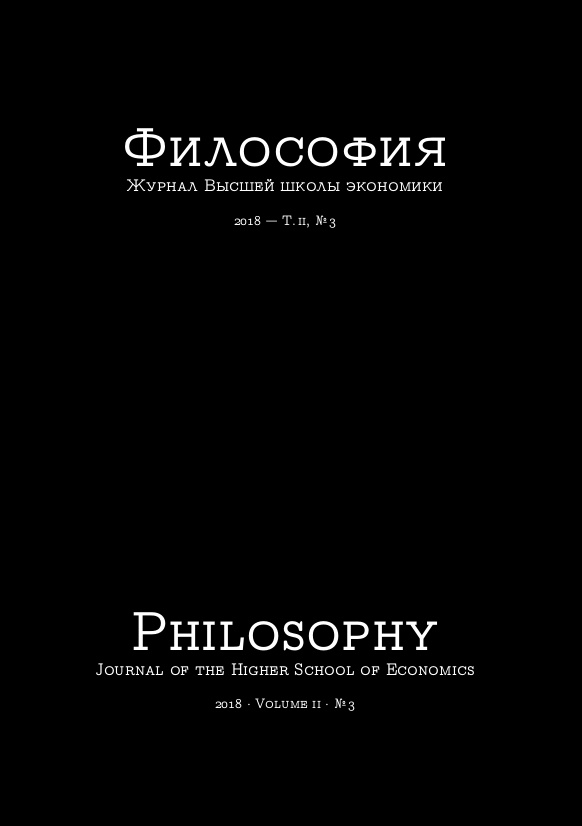John Stuart Mill on the relation between society and individual regarding personal liberty
Abstract
The work of John Stuart Mill On Liberty is almost unanimously hailed as one of the most important expressions of the modern concept of liberty. However, both the internal coherence of the essay and its complex relationship with the rest of Mill’s work have often been debated. Mill’s essay offers a radical defense of liberty of thought, expression and action, making it one of the strongest expositions ever advanced in defense of individual freedom. But along with this aspect of the work there is also another less obvious one with which it is difficult to integrate: it is the need, defended by Mill in different parts of his essay, to establish political and social mechanisms of control and restraint, thus giving rise to a certain paternalism that has been strongly criticised by some sectors of liberal thought. This essay aims to show that this is a question not of the inconsistency in Mill’s political theory, but of approaches whose relationship arises from the global conception of the human and morality that underlies the essay.






